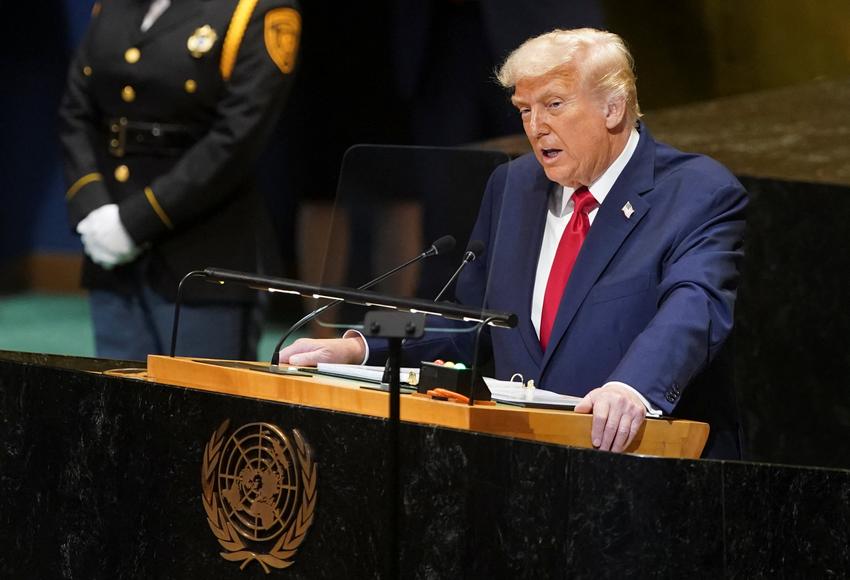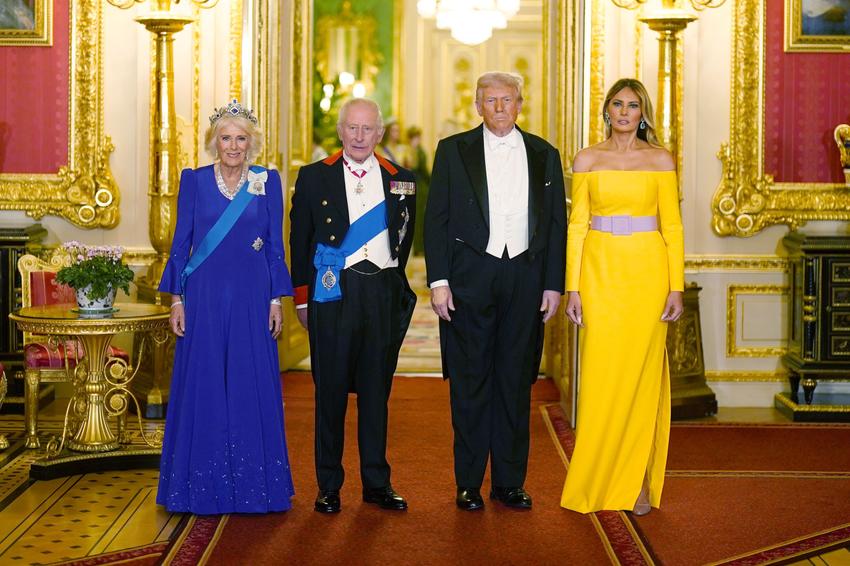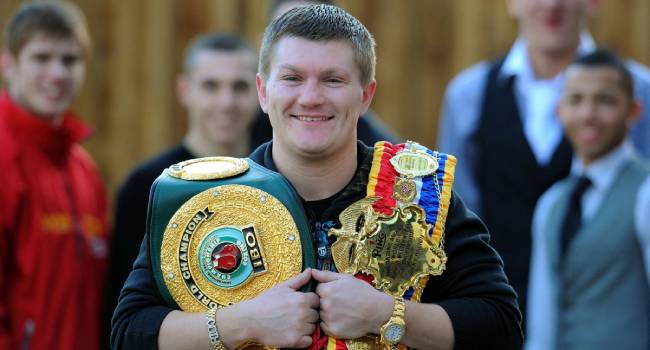
British Prime Minister Keir Starmer called U.S. President Donald Trump’s comments about European troops staying off the front lines in Afghanistan insulting and appalling, joining a chorus of criticism from other European officials and veterans.
“I consider President Trump’s remarks to be insulting and frankly appalling, and I’m not surprised they’ve caused such hurt for the loved ones of those who were killed or injured,” Starmer told reporters.
When asked whether he would demand an apology from the U.S. leader, Starmer said: “If I had misspoken in that way or said those words, I would certainly apologize.”
Britain lost 457 service personnel killed in Afghanistan, its deadliest overseas war since the 1950s. For several of the war’s most intense years it led the allied campaign in Helmand, Afghanistan’s biggest and most violent province, while also fighting as the main U.S. battlefield ally in Iraq.
Starmer’s remarks were notably strong coming from a leader who has tended to avoid direct criticism of Trump in public.
Trump told Fox Business Network’s “Mornings with Maria” on Thursday the United States had “never needed” the transatlantic alliance and accused allies of staying “a little off the front lines” in Afghanistan.
His remarks added to already strained relations with European allies after he used the World Economic Forum in the Swiss ski resort of Davos to again signal his interest in acquiring Greenland.
Dutch Foreign Minister David van Weel condemned Trump’s remarks on Afghanistan, calling them untrue and disrespectful.
Britain’s Prince Harry, who served in Afghanistan, also weighed in. “Those sacrifices deserve to be spoken about truthfully and with respect,” he said in a statement.
“We expect an apology for this statement,” Roman Polko, a retired Polish general and former special forces commander who also served in Afghanistan and Iraq, told Reuters in an interview.
Trump has “crossed a red line”, he added. “We paid with blood for this alliance. We truly sacrificed our own lives.”
Britain’s veterans minister, Alistair Carns, whose own military service included five tours including alongside American troops in Afghanistan, called Trump’s claims “utterly ridiculous”.
“We shed blood, sweat and tears together. Not everybody came home,” he said in a video posted on X.
Richard Moore, the former head of Britain’s MI6 intelligence service, said he, like many MI6 officers, had operated in dangerous environments with “brave and highly esteemed” CIA counterparts and had been proud to do so with Britain’s closest ally.
Under NATO’s founding treaty, members are bound by a collective-defense clause, Article 5, which treats an attack on one member as an attack on all.
It has been invoked only once – after the September 11, 2001 attacks on New York and Washington, when allies pledged to support the United States. For most of the war in Afghanistan, the U.S.-led force there was under NATO command.
Some politicians noted that Trump had avoided the draft for the Vietnam War, citing bone spurs in his feet.
“Trump avoided military service 5 times,” Ed Davey, leader of Britain’s centrist Liberal Democrats, wrote on X. “How dare he question their sacrifice.”
Poland’s sacrifice “will never be forgotten and must not be diminished”, Defence Minister Wladyslaw Kosiniak-Kamysz said.
Trump’s comments were “ignorant”, said Rasmus Jarlov, an opposition Conservative Party member of Denmark’s parliament.
In addition to the British deaths, more than 150 Canadians were killed in Afghanistan, along with 90 French service personnel and scores from Germany, Italy and other countries. Denmark – now under heavy pressure from Trump to transfer its semi-autonomous region of Greenland to the U.S. – lost 44 troops, one of NATO’s highest per-capita death rates.
The United States lost about 2,460 troops in Afghanistan, according to the U.S. Department of Defense, a figure on par per capita with those of Britain and Denmark. (JapanToday)








